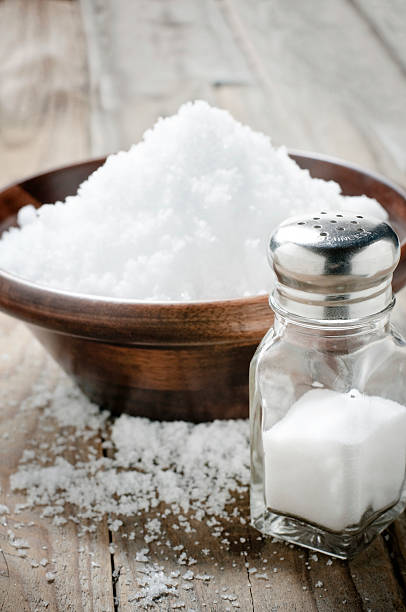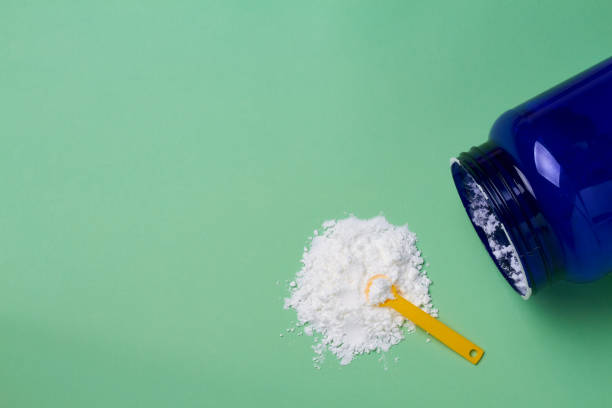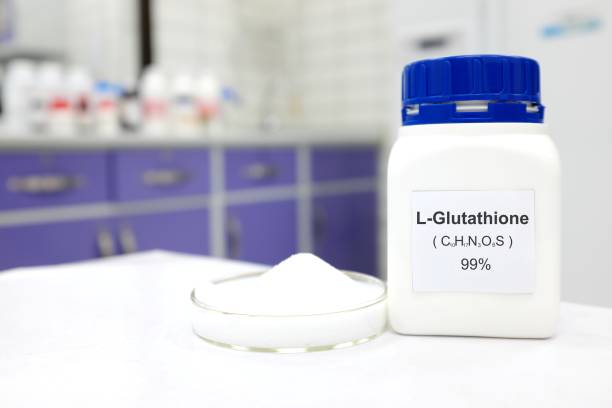Why does beta-alanine make you itch
Whether you’re a seasoned gym-goer or just starting your supplement journey, you’ve probably heard of beta-alanin. It’s a popular ingredient in pre-workout supplements and known for boosting endurance and performance. However, there’s one side effect many users report after taking it: a peculiar, sometimes intense itching or tingling sensation, often referred to as the “beta-alanine tingle.”
Have you taken beta-alanine and suddenly felt an odd tingling or itching in your skin? You’re not alone. Many users experience this reaction, often wondering what causes it and whether it’s something to worry about. In this guide, we’ll break down what’s happening in your body when that itch kicks in, how different dosages can influence the intensity, and what other side effects might come with it. You’ll also find practical tips to reduce the sensation—and discover whether those tingles have any link to the supplement’s performance benefits.
What is Beta-Alanine?
Beta-alanine is a naturally occurring non-essential amino acid. Unlike essential amino acids that the body can’t produce and must obtain through diet, beta-alanine is synthesized internally. It’s not used for building proteins like other amino acids; instead, it plays a key role in the production of carnosine.
Carnosine is a dipeptide made from beta-alanine and histidine. It’s stored in skeletal muscles and acts as a buffer against acid accumulation during high-intensity exercise. The more carnosine in your muscles, the better your body can delay fatigue, allowing you to push through more reps or sprint longer before exhaustion.
That’s why beta-alanine supplementation has become so popular in the fitness world. But along with its performance-boosting benefits comes that curious side effect: itching.
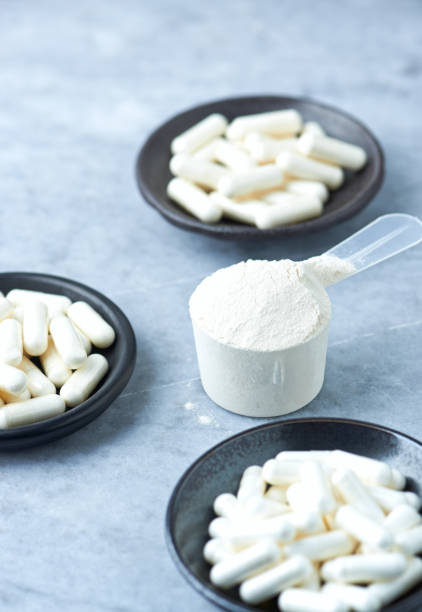
The Beta-Alanine Itchy Sensation: What’s Going On?
You’re not alone if you’ve taken beta-alanine and suddenly felt a prickly or tingling sensation on your skin. It commonly affects the face, neck, shoulders, arms, and hands.
This feeling is medically referred to as paresthesia—an abnormal sensation often described as tingling, pricking, or itching. It’s not unique to beta-alanine, but the supplement is perhaps one of the most well-known triggers of this feeling in the fitness world.
Why Does Beta-Alanine Cause Itching?
The sensation arises from how beta-alanine interacts with the nervous system, particularly nerve endings beneath the skin. The mechanism is not fully understood, but research suggests that beta-alanine activates specific sensory neurons, particularly Mas-related G protein-coupled receptors (MrgprA3 and MrgprD), which are known to be involved in the perception of itching and tingling sensations.
These receptors send signals to the brain, resulting in the beta-alanine tingle or itch. Importantly, this reaction is neither allergic nor harmful, although it can feel uncomfortable or surprising, especially for first-time users.
How Long Does the Itch Last?
The tingling typically begins 15–20 minutes after ingestion and can last for 30 to 90 minutes, depending on several factors like dosage, individual sensitivity, and whether you took it with food.
| Factor | Impact on Itch Intensity |
|---|---|
| Beta-alanine dose | Higher doses increase tingling intensity |
| Body weight | Lighter individuals may experience stronger effects |
| Food intake | Taking with food may reduce tingling |
| Supplement form | Sustained-release beta-alanine reduces tingling |
| Individual sensitivity | Some people are more prone to paresthesia |
Beta-Alanine Dose vs. Tingling Intensity
The itchy feeling is strongly dose-dependent. Let’s explore how different dosages influence this side effect:
| Dose (grams) | Common Reaction |
|---|---|
| 0.5 – 1.0 g | Mild or no tingling |
| 1.5 – 2.0 g | Noticeable tingling, moderate itching |
| 3.0 – 5.0 g | Strong tingling or itching may feel uncomfortable |
A typical beta alanine dose in pre-workouts ranges between 2–4 grams. This amount is effective for boosting performance but often comes with a noticeable tingling side effect. Some users intentionally seek this out, using it as a psychological cue that the pre-workout is “kicking in.”
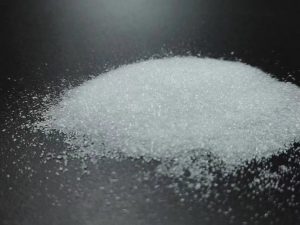
Is Beta-Alanine Itch Dangerous?
Fortunately, no. The tingling is harmless and temporary. It’s a sensory reaction, not a sign of an allergic response or systemic danger. Studies have repeatedly confirmed that while paresthesia can be uncomfortable, it poses no known health risks.
However, if you experience other side effects like difficulty breathing, rash, or hives, you should seek medical help immediately, as that could point to a rare allergy to other ingredients in the supplement.
Other Side Effects of Beta-Alanine
Besides itching or tingling, side effects of beta-alanine are relatively mild and uncommon. Here’s a breakdown:
| Side Effect | Frequency | Notes |
|---|---|---|
| Tingling/itching | Common | Temporary; dose-related |
| Flushing | Occasional | Redness in face or neck |
| GI discomfort | Rare | May occur with very high doses |
| Drop in blood pressure | Very rare | Observed in some animal studies |
In general, beta-alanine is considered safe, even for long-term use, when taken in appropriate dosages.
How to Reduce or Avoid the Beta Alanine Tingle
If you’re not a fan of the tingles or find them distracting, here are some ways to reduce or avoid the itchy feeling:
1. Take Smaller Doses
Split your total daily intake into smaller servings. For example, take 1.5 grams in the morning and 1.5 grams in the afternoon instead of 3 grams all at once.
2. Use Sustained-Release Formulas
Some supplement brands offer slow-release beta-alanine, which spreads absorption over time, minimizing sensory side effects.
3. Take It With Food
Consuming beta-alanine with a meal can blunt the intensity of tingling due to slower absorption.
4. Build Tolerance
Some users report that the itching decreases over time with consistent use, as the body becomes more accustomed to the supplement.
Does the Tingling Mean It’s Working?
This is a common myth in the fitness community. While the tingling lets you know the supplement is in your system, it does not correlate with its effectiveness. You can take beta-alanine without feeling the tingle and still receive full performance benefits.
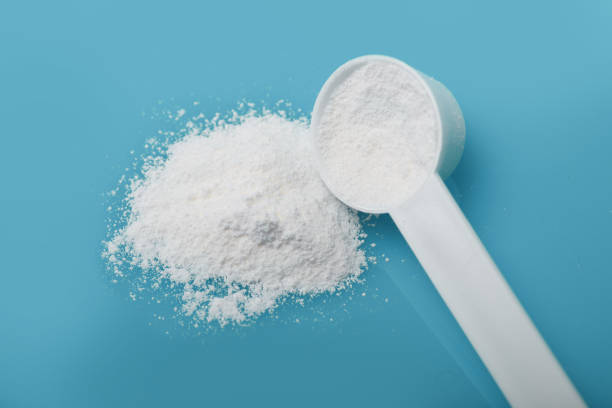
How Much Beta-Alanine Should You Take?
The optimal dose depends on your goals. Research suggests that the most effective strategy is to accumulate a total of 179 grams over 28 days, which is about 6.4 grams per day.
Recommended Protocol
| Goal | Beta-Alanine Dose | Duration |
|---|---|---|
| Performance enhancement | 3.2 – 6.4 g/day | 4–8 weeks |
| Maintenance | 1.2 – 1.6 g/day | Ongoing |
Note: To minimize tingling, these amounts can be divided into smaller doses throughout the day.
Is Beta-Alanine Right for You?
Before starting any supplement, it’s important to evaluate whether it aligns with your goals. Beta-alanine is particularly effective for:
-
High-intensity training (e.g., sprinting, CrossFit, HIIT)
-
Endurance activities (e.g., rowing, cycling)
-
Strength training with short rest periods
However, it may not offer much benefit for low-intensity or endurance-only workouts where lactic acid buildup isn’t a limiting factor.
Final Thoughts
So, why does beta-alanine make you itchy? It’s a sensory response caused by the activation of certain nerve receptors, and it’s harmless, though sometimes uncomfortable. The beta alanine itchy feeling—also known as the beta alanine tingle—is a normal part of the supplement’s effect on the nervous system and is closely tied to dosage.
By understanding how to manage your beta alanine dose, opting for time-release versions, or taking it with food, you can minimize the itching while still enjoying the performance benefits. The key is to recognize that tingling isn’t a sign of effectiveness, just a side effect some users experience.
If you’re training for performance and can handle a little prickling now and then, beta-alanine might be your secret weapon.
Frequently Asked Questions
Q1: How long does the beta-alanine tingle last?
A: Typically 30 to 90 minutes, depending on dose and individual tolerance.
Q2: Can I avoid the beta-alanine itchy sensation completely?
A: Yes, by using lower doses, sustained-release formulas, or taking it with food.
Q3: Is beta-alanine safe for daily use?
A: Yes. It is generally safe when taken within recommended limits.
Q4: Can I take beta-alanine with other supplements?
A: Yes. It stacks well with creatine, caffeine, and BCAAs.

